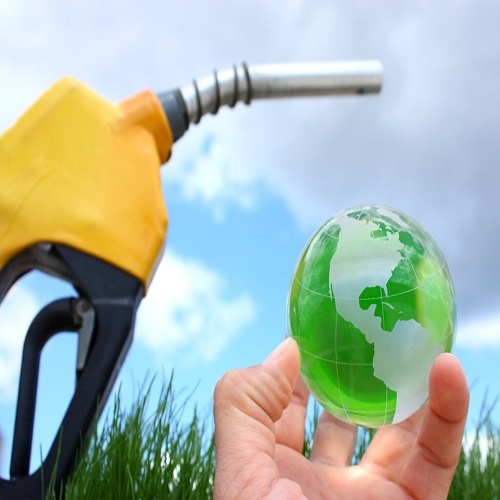Kolkata (West Bengal) [India], September 22: Although Indian seafarers are renowned for their competence, adaptability and technical expertise, there is a need for specialized training programs that equip Indian seafarers and the global seafaring population with the knowledge and skills required for operating and maintaining ships powered by alternative fuels and energy-efficient technologies as stated by Capt Bjorn Hojgaard, CEO of Hong Kong-headquartered Anglo-Eastern Shipping Group – one of the largest employers of Indian seafarers in the world. “Leveraging this potential, India can position itself as a key player in the global maritime industry’s sustainable future,” he said.
Hojgaard shared his views on the specialized skills essential for the global seafaring population to steer the ships powered by alternative fuels in response to the launch of Global Biofuels Alliance at recently concluded G20 Summit in New Delhi. This Alliance is likely to generate opportunities worth USD 500 billion in the next three years for G20 countries and aims to accelerate the worldwide adoption of biofuels by promoting technological advancements, increasing the use of sustainable biofuels, and establishing robust standards and certification processes.
The Getting to Zero Coalition, a powerful global alliance of over 200 reputed organizations, is also committed to accelerating shipping decarbonisation by getting commercially viable deep sea zero emission vessels powered by zero emission fuels into operation by 2030 to put shipping on a path for full decarbonisation by 2050. It is estimated that around 450,000 seafarers world-wide will require additional training by 2030 and not less than 800,000 by the mid-2030s to be sailing on ships with alternate propulsion technology. Incidentally, Anglo-Eastern Group’s Anglo-Eastern Maritime Centre continues to provide top quality training programmes to the maritime industry personnel.
Hojgaard said that the adoption of alternative fuels, such as liquefied natural gas (LNG) and hydrogen-based e-fuels, and the integration of energy-efficient technologies demand a skilled workforce capable of operating and maintaining these advanced systems. Moreover, the green energy transition requires seafarers to possess a deep understanding of environmental regulations and compliance measures. The implementation of stricter emissions standards and the need to reduce carbon footprint necessitate the training of seafarers in sustainable practices and technologies. Ensuring that seafarers are well-equipped to navigate the complexities of the green energy transition is essential for the successful and sustainable operation of ships.
“To address the challenges of the green energy transition, it is imperative to review and reform international maritime laws and regulations. Updating these policies will enable the ship manning sector to adapt to the evolving needs of the industry and support the successful implementation of sustainable practices. Additionally, incorporating environmental awareness and sustainability principles into existing certification processes can help foster a culture of eco-consciousness among seafarers. This can be achieved by integrating modules on environmental protection, energy efficiency, and emission reduction strategies into the training curriculum. By doing so, seafarers will be better prepared to navigate the environmental challenges associated with the green energy transition. India, with its vast pool of skilled officers and ratings, thus holds a significant potential to contribute to the green energy transition in the ship manning sector,” said Hojgaard.
(ADVERTORIAL DISCLAIMER: The above press release has been provided by PNN. ANI will not be responsible in any way for the content of the same)












